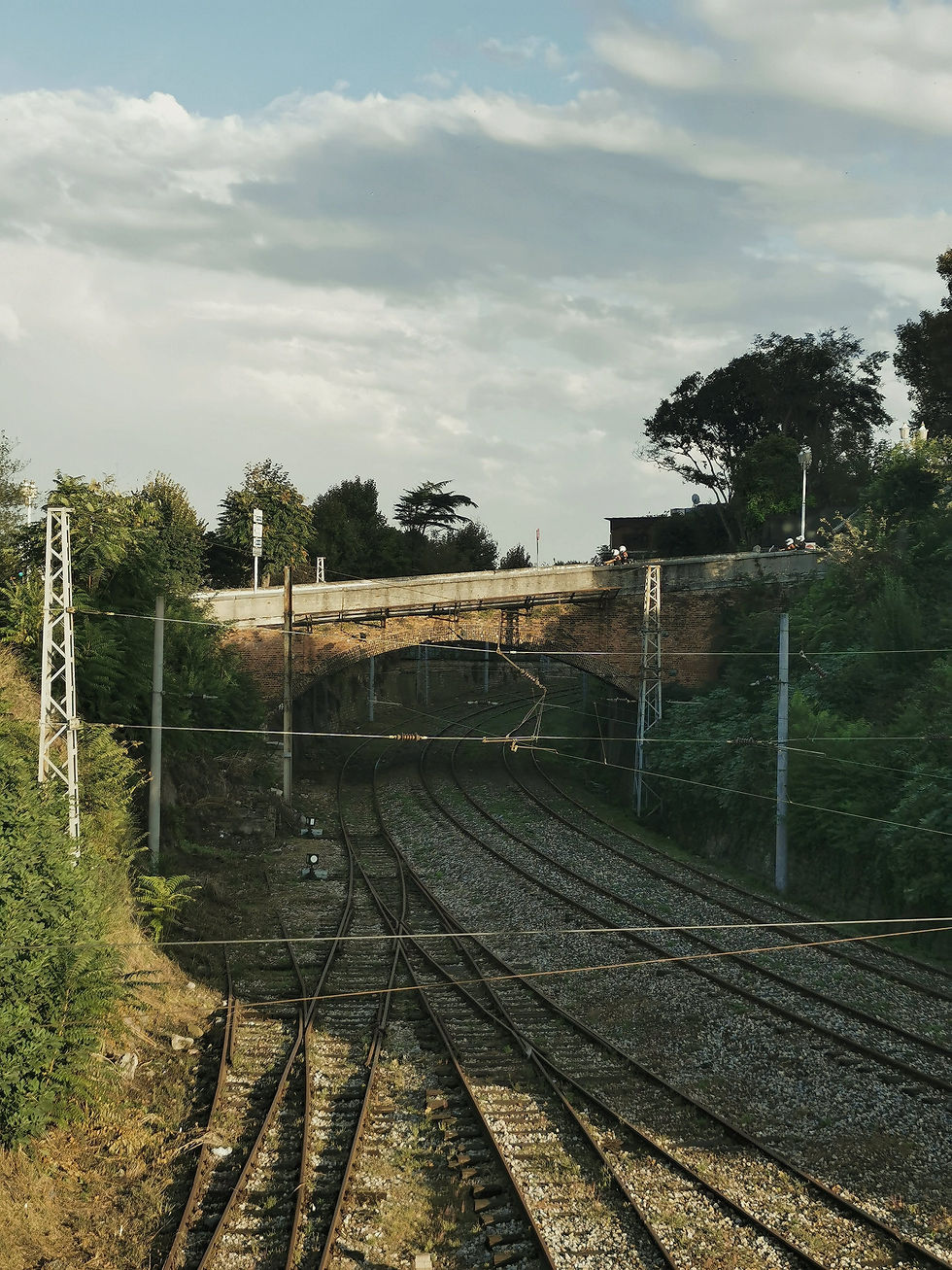Strike by Strike Labour Party advances to conquer Downing street
- Edimar Kampgen
- Jan 28, 2024
- 2 min read
Updated: Feb 18, 2024
Strikes have once again taken centre stage in London, causing disruptions and affecting various events throughout the city. Among the notable instances, the Weekend strike, led by Aslef Union leader Mike Whelan, was strategically timed to coincide with the Tory conference party. This move highlights the political undertones often associated with strikes in the UK.

Picture by Zuleyha downloaded from www.pexels.com
While strikes, especially those involving Tube unions, have occasionally been called off at the last moment, they have already left their mark on the city. Events like the London Met Part-Time Jobs Fair, initially scheduled for this week, had to be rearranged for the following week due to the uncertainty caused by these labour actions.
The political alignment of unions in England has long been a known fact, with most of them openly supporting the Labour Party. This has made strikes an effective tool for conveying political messages. Unions such as the Junior Doctors Union, NHS, and Royal Mail have recently used strikes to send a clear message to the government. They are demanding general elections in England, arguing that Rishi Sunak's mandate, shaped during the lockdown period, should not be held by him. Following Boris Johnson's resignation, Labour has seem a real chance of taking over the office after 13 years.
In recent years, strikes have faced challenges in garnering support from the public. Nevertheless, the issues that prompt these actions remain pertinent. In London, the primary concern centres around job losses as more self-service ticket machines are being installed across the city. Additionally, the introduction of driverless trains has become a focal point. Boris Johnson's administration has tied increased funding for TFL (Transport for London) to the implementation of such measures.
Moreover, there have been discussions about revising the generous pension schemes offered to certain groups, adding to the complex negotiations. TFL has been grappling with financial difficulties exacerbated by the pandemic. Government funding has been vital in sustaining regular services, given the significant decline in commuters post-pandemic.
As strikes continue to disrupt daily life in London and across the country, the consequences are felt far and wide. Workers from various sectors are facing challenges in reaching their workplaces, impacting their livelihoods. Students, too, find themselves caught in the crossfire, with strikes affecting their ability to attend classes and arrive at their final destinations. Some students are even calling for refunds on last year's fees due to the disruptions caused by strikes, including the recent Unison strike that affected institutions like London Met.
It's worth noting that strikes, once seen as a powerful tool for change, now struggle to garner support from public opinion, reflecting the evolving dynamics of labour disputes in today's society.




Comments